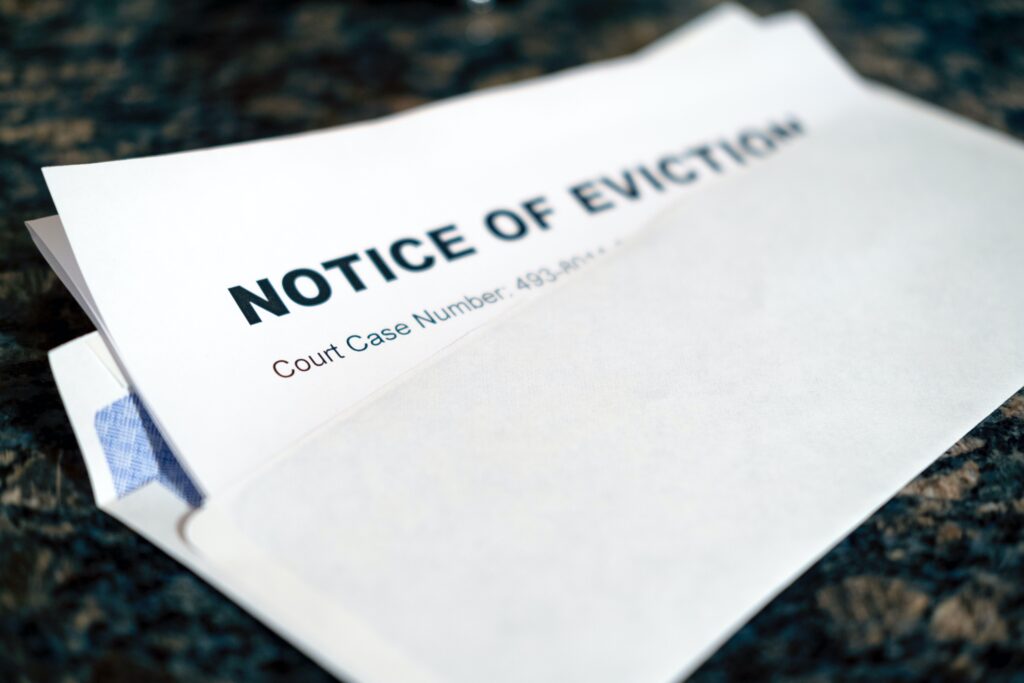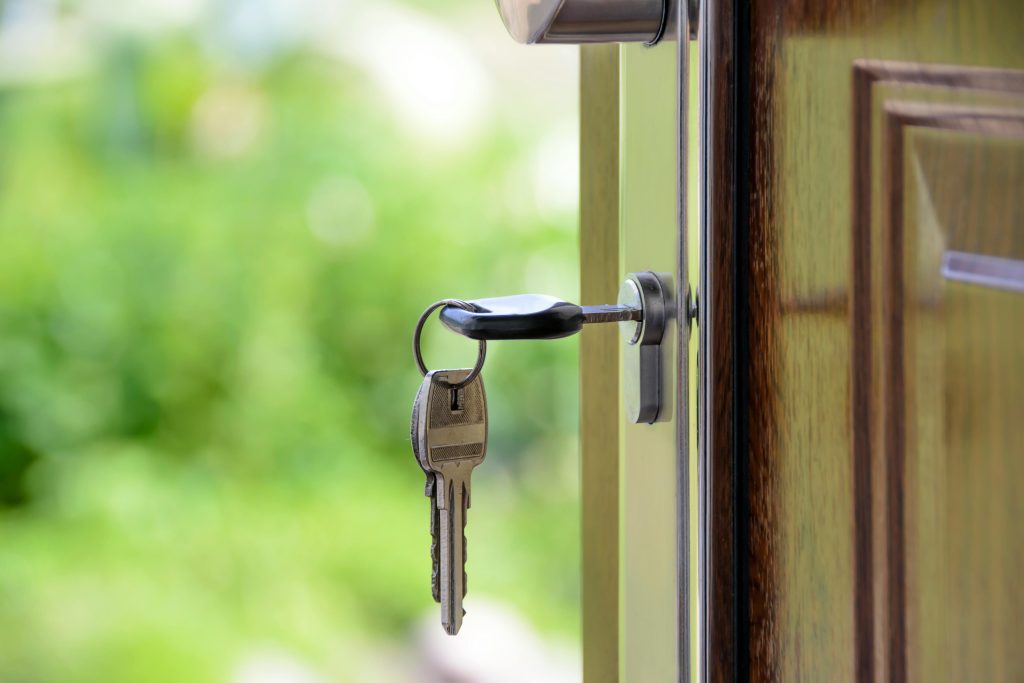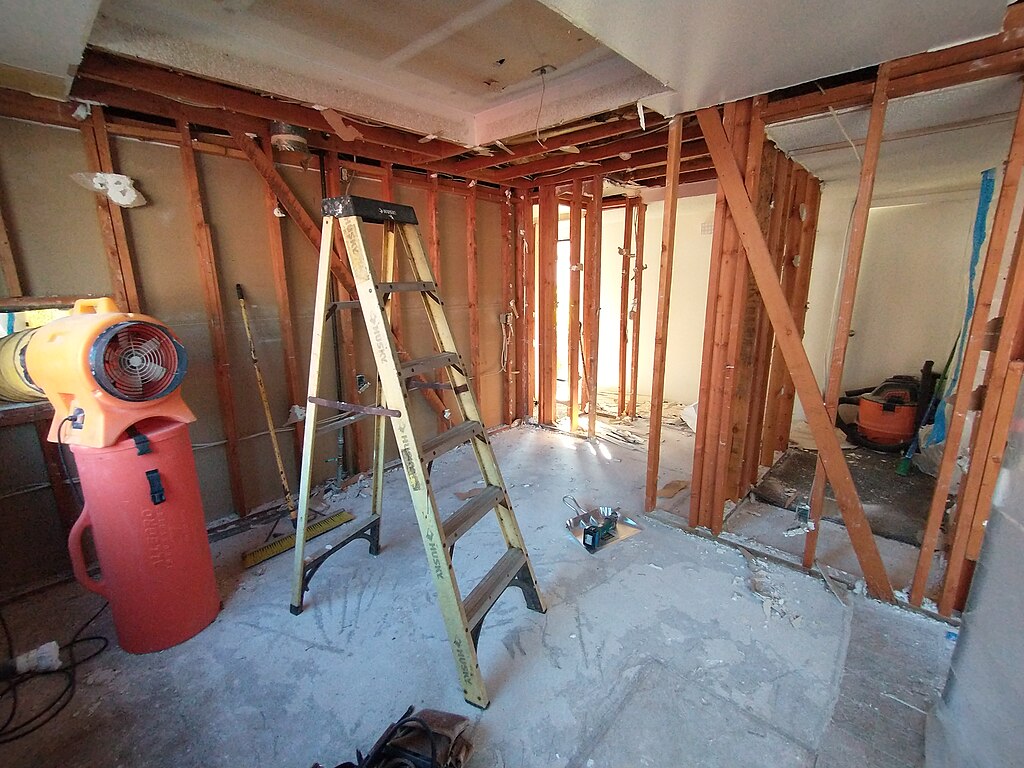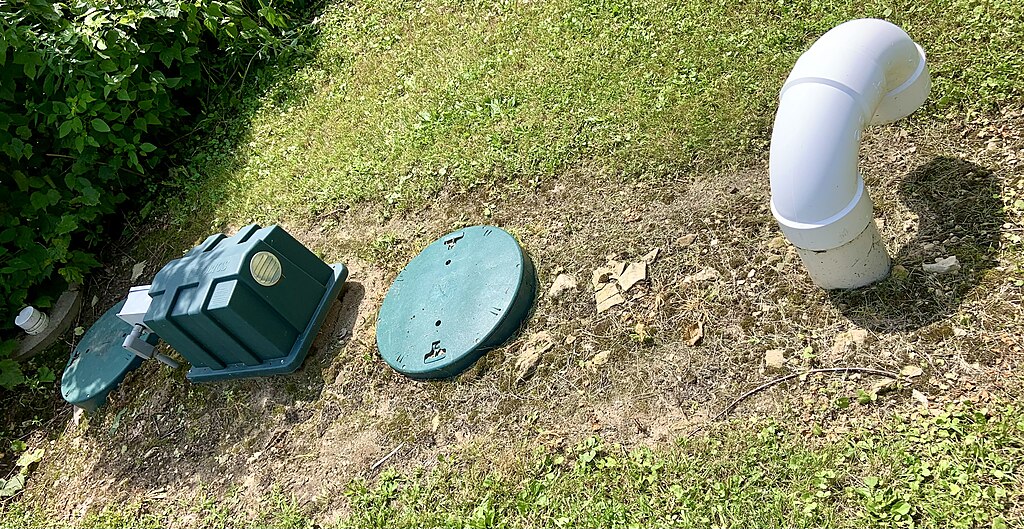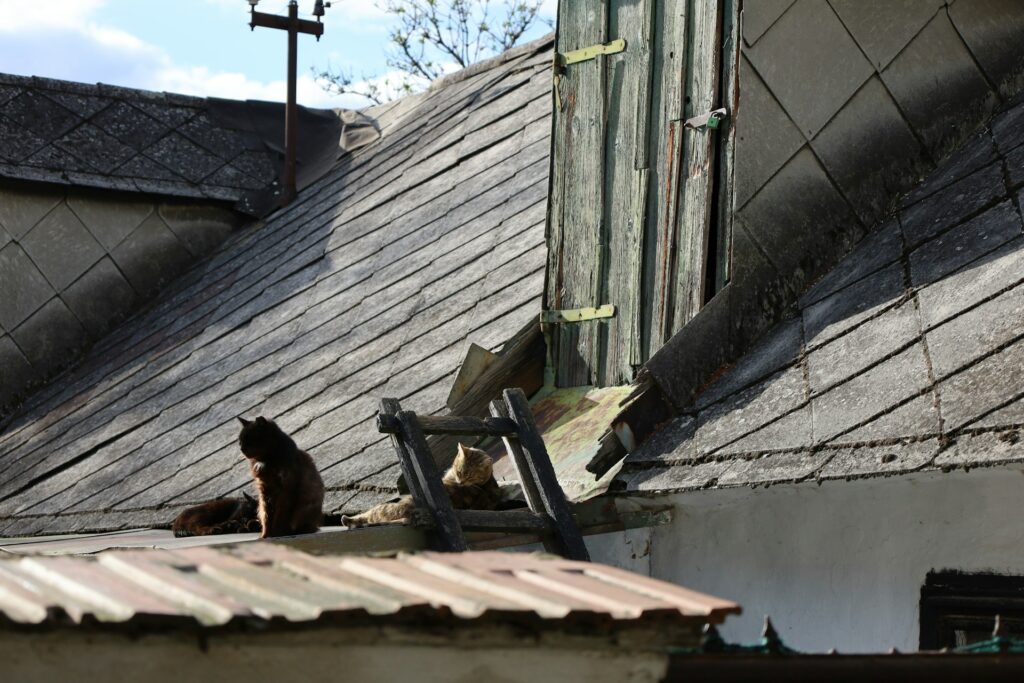When the time comes to sell your property, there are numerous checks, certificates and paperwork that may be required. One document that often causes confusion is the damp proof certificate. Is it an absolute must-have or can you proceed without it?
While not legally required in most circumstances, having an up-to-date damp proof certificate can provide valuable reassurance to potential buyers about the condition of your home. Let’s explore the purpose of this certification, and when you may want to consider obtaining one.
What exactly is a damp proof certificate?
Also referred to as a damp proof course installation certificate, this document confirms that reliable damp proofing measures have been put into place within a property. Issued by a qualified contractor, it serves to verify:
- Any dampness has been identified and any underlying causes properly diagnosed
- An approved moisture barrier (damp proof course or DPC) has been installed to prevent rising damp from the ground
- Affected areas like walls have been carefully treated to eliminate issues
A damp proof certificate essentially can act as assurance to a buyer that your home is free from rising damp, wood rot and other moisture-related structural issues that could lead to major problems if left unchecked.
Do I really need a damp proof certificate?
Unlike required certifications for areas like electrical work or gas safety, damp proofing documents are generally not a legal requirement when selling residential property in the UK. There’s no law that explicitly states you must provide proof of damp treatment to market your home.
So in that sense, you don’t absolutely need to go out and obtain a damp proof certificate before listing. The majority of homes are marketed, shown to potential buyers and successfully go under contract without one.
However, just because it’s not legally mandated doesn’t mean it’s not a wise precaution to take, especially if:
- Your home is older or in an area known for dampness issues
- You’ve previously discovered and had to remediate damp problem areas
- An official damp survey has indicated moisture problems
- The property has a history of wood rot, mould or musty odours
- You want to have an extra quality assurance document on hand
In many cases, lenders and solicitors involved in the sale transaction will inquire about any history of damp during required surveys. Having a damp proof certificate on hand can instantly ease the minds of concerned parties.
Why provide proof you’ve addressed damp properly?
When excess moisture exists in a home, the structural risks are very real. Left unresolved, dampness can create serious (and expensive) problems like:
- Exterior wall deterioration and penetration
- Timber rot that compromises load-bearing supports
- Unsightly staining and discolouration on interior walls
- Growth of hazardous mould varieties
- Proliferation of wood-boring insects
The bottom line is that unaddressed rising dampness reduces the value and integrity of your property. Musty smells and visual evidence of moisture may also hinder your ability to find a willing buyer in the first place. No one wants to buy a home with damp problems because the cost to remedy damp can be very high, depending on its cause.
So by providing validated documentation showing proper damp proof measures have been implemented, you’re accomplishing two key objectives:
- Reassuring potential buyers about the condition of your home. Specific details about the work, and the contractor’s credentials will all be outlined.
- Increasing the perceived (and actual) value of your property damp treatment and prevention is no minor repair. Having that work documented helps substantiate the true condition and worth of your home. After all, would you want to pay full price for a property only to discover thousands of pounds of unresolved moisture problems?
The right damp proof certificate creates clarity on that front. It demonstrates the investment put into properly protecting and maintaining your home for the long haul. That investment is now preserved in your asking price.
When Is a certificate not essential?
While highly recommended in dampness-prone areas and older properties, there are instances where providing damp proof certification isn’t quite as critical.
Newer construction
Any home built in the last 10-15 years should have been constructed to modern building regulations with comprehensive moisture prevention already integrated into the design and materials. You may still consider an inspection, but the need for a certificate is diminished.
Recent inspection with clearance
If you’ve had a professional damp inspection and survey performed recently and it concluded your home is 100% free of moisture issues, that report may be sufficient documentation. Your buyer’s lender may still want to conduct their own analysis as well.
No known history
Should your property have zero evidence of past or present damp problems and no surveyor recommendations for damp-related work, you may choose to list without a certificate. However, the risk is the buyer’s surveyor catching an unknown issue you’ve missed.
Of course, even if damp proof certification isn’t strictly required, it’s always wise to be upfront about any history of moisture problems and properly manage buyer expectations.
How to obtain a damp proof certificate
To secure certified proof that rising damp has been effectively treated, you’ll need to engage the services of a qualified contractor experienced in this domain.
Most will follow a process along these lines:
- Initial inspection and consultation. During this first visit, the contractor will perform an assessment, looking for visible signs of dampness and identifying potential root causes. This may involve scrutinising exterior drainage, DPC integrity, materials used and more.
- Specify a damp treatment plan. Based on the results, a formal strategy will be prescribed to address any discovered moisture issues before installation of new damp proofing measures. This could involve re-plastering, timber treatment, chemical damp proofing, and so on.
- Monitor installation work. Experienced damp proofing installers will complete the necessary moisture barrier installations, full DPC applications according to building regs.
- Certification. Once the job is finished, the building contractor will provide their official damp proof certificate validating the successful treatment of the property and guaranteeing the work for a certain amount of time. This serves as your verified documentation moving forward.
Selling your home with damp and no certificate
If your home has existing damp issues and you lack an official damp proof certificate, don’t let that put you off from selling quickly. At Property Rescue, we specialise in purchasing properties with damp problems through a fast, hassle-free cash buying process. There’s no need to invest in costly remediation work first.
Simply request an obligation-free cash offer based on your home’s current condition. As a result, you can avoid delays, repair costs and the possibility of buyers walking away due to the dampness discovered. Within just 48 hours, you can have your damp-impacted property sold for a fair cash price without any of the headaches. We’ll also cover all your legal fees and make the process entirely free.




